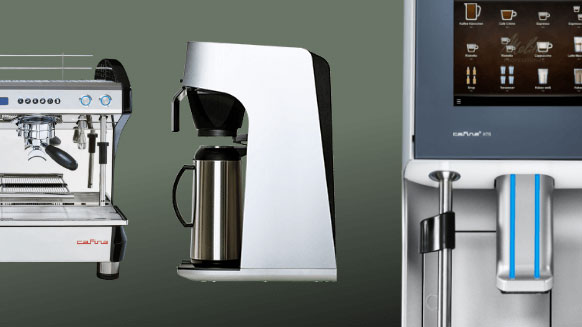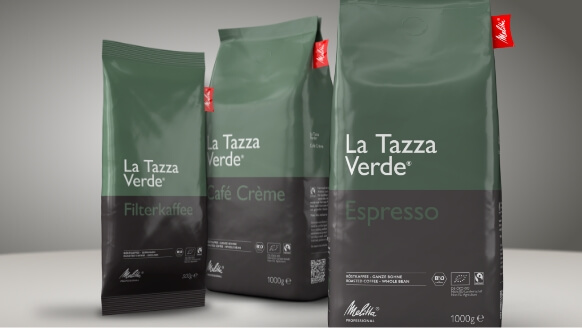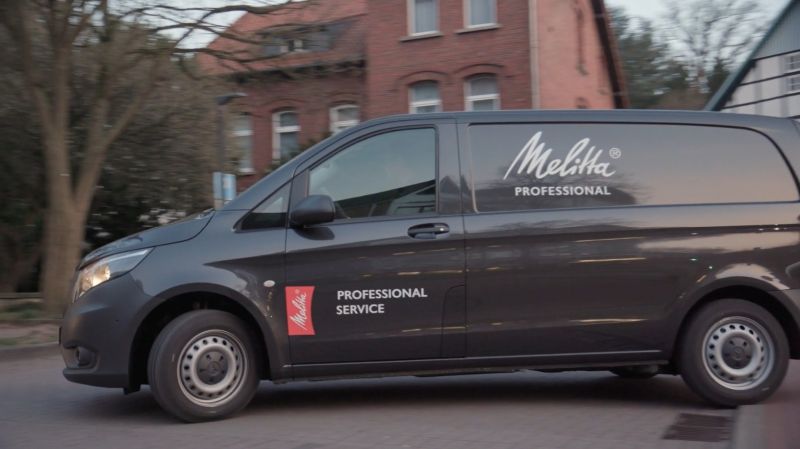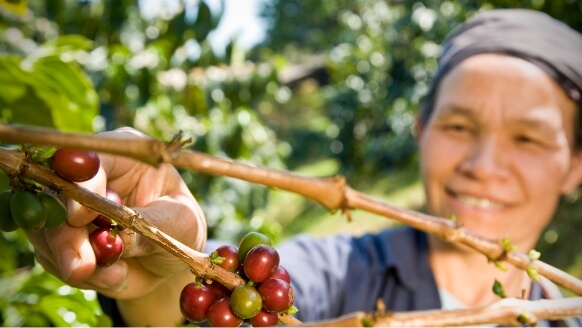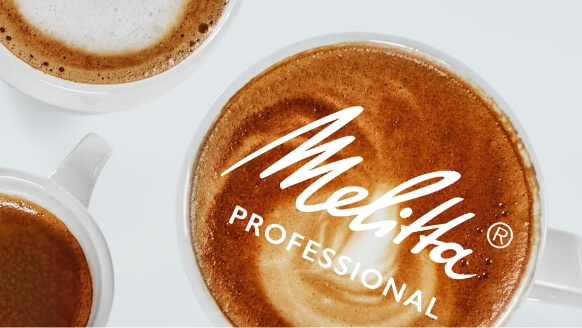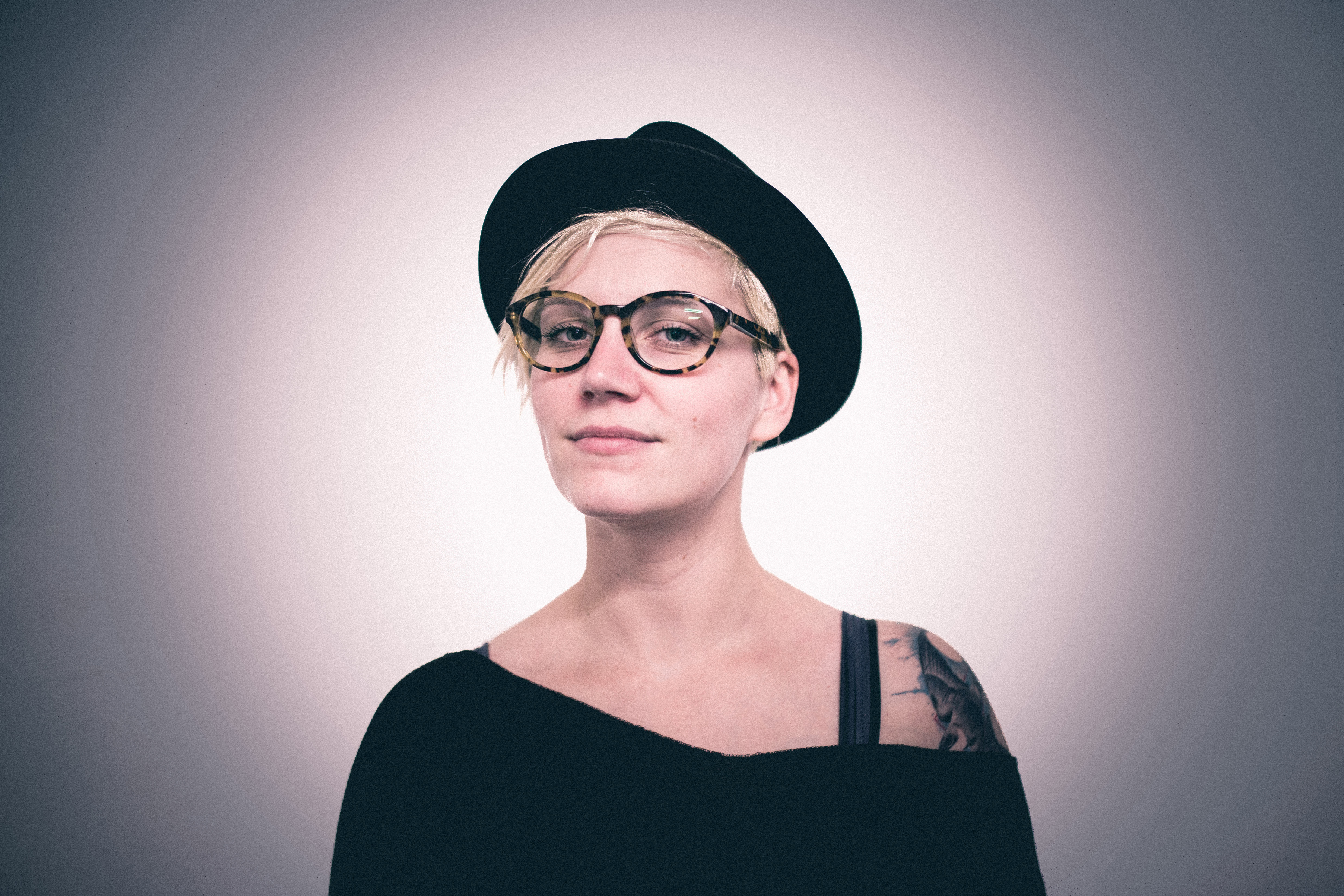Science helps win title
Erna Tosberg on the World Barista Championship 2017 and the new champion Dale Harris, who surprised everyone by bringing the title back to Europe again after 8 years.
World Barista Championship?
What’s that all about then? The World Barista Championship has been held annually since 2000 to find the world’s best barista, who is then expected to serve as a role model for other baristas and act as an ambassador for specialty coffee.
Championships are first held at national level with the champions qualifying for the world championship, where they compete against approx. 60 other national winners.
The tasks for the baristas, the exact procedure and the evaluation criteria are laid down in a 25-page set of rules. Here’s a brief summary:
The barista has to prepare four espressos, four milk beverages, and four espresso-based signature beverages during a 15-minute stage presentation. Two technical judges (at national level) assess the technical abilities of the barista, such as consistent and clean working. The beverages are tasted and rated by four sensory judges, who also rate the presentation and professionalism of the candidate.
There’s also a head judge who monitors the entire process but does not actually award any points. Baristas are allowed to talk to the judges throughout their presentation: they usually describe the origin and processing of the coffee and the taste that the jurors can expect from their beverages. If the judges detect exactly those notes in the beverage which the barista described, can understand how they came about, and experience exemplary service, the barista can expect a high score from the sensory judges.
The judges are experienced and well respected coffee experts who are explicitly trained and calibrated to evaluate this competition. All participants can therefore expect to be judged fairly and objectively, without any bias or personal preference.
If you look at the past winners of the World Barista Championship, you’ll notice that Scandinavian countries dominated in the early years. Other strong nations are the USA, the UK, the coffee producing countries of El Salvador and Guatemala, and in recent years Asian countries (Japan 2014 and Taiwan 2016). So far, all world champions have been male – although both men and women compete together in the championships.
This year’s World Barista Championship took place on November 9-12, as part of the World of Coffee Fair in Seoul, South Korea. A total of 57 national champions presented their high-end coffees using the latest tools and techniques (e.g. a lot of liquid nitrogen was used and some coffee beans were ground while still frozen) – all striving to be crowned world champion.
The impressive presentations all involved a great deal of preparation and teamwork. They can be viewed online at: https://worldbaristachampionship.org/2017-world-barista-championship-seoul/
16 candidates progress from the preliminary round to the semi-final (with a different jury, as the technical judges are no longer required). The best six candidates then reach the final and receive one of the coveted trophies.
The candidates who made it to the 2017 final came from the USA, Australia, Canada, Hong Kong, Japan and the UK – all traditionally strong countries (and included one woman, Miki Suzuki from Japan).
With the exception of Dale Harris, this year’s barista champion from the UK, all finalists used the extremely expensive and highly popular (in such competitions) Geisha/Gesha coffee, which can cost as much as $ 601 per pound!. Dale, however, used an SL 28 variety (an Arabica bean usually associated with Kenya) from El Salvador, grown on the Finca Las Brumas in the Santa Ana region. He presented this coffee in a clever performance that made use of new rule changes (in the setup of the stage), and thus came from nowhere to become the new World Barista Champion 2017!
Who is the new World Barista Champion?
Dale Harris is the first European to win the world title since 2009. He is the third (!) world champion from the United Kingdom, following the victories of James Hoffmann (2007) and Gwilym Davies (2009). In my opinion, he will make an excellent ambassador for barista skills and specialty coffee.
He works for the roastery Has Bean in Stafford, is an active member of the barista scene, and has been taking part in barista championships since 2009. He has often been on the podium at national championships, has been runner-up in the UK several times, and raced straight to the top at his first world championship this year.
In his world championship presentation, Dale focused on the flavor composition of his coffee – right down to the molecular level underlying our sensory perception. In preparation for the championship, he and his team had studied the composition of the aromatic components of the competition coffee, in cooperation with the Department of Food Sciences at the University of Nottingham, using a gas chromatographic mass spectrometer (GCMS). With the aid of this research, Dale was able to name the specific flavor components in his competition coffee and associate them with the jury’s sensory perception. A clever, highly scientific approach, which was presented to the judges in a friendly and easy-to-understand manner. Together with his expert preparation of this excellent specialty coffee, Dale rightly earned the title of world champion.
Here are his flavor descriptions of the SL 28 from the Finca Las Brumas in El Salvador:
Espresso: pomegranate, honey, caramelized orange
Milk beverage: granola, brown sugar, poached pear
Signature beverage: dark chocolate, oolong bitterness, cream soda
The world championship-winning coffee is already sold out at Has Bean. Dale Harris’s final performance can be seen here: https://www.youtube.com/watch?v=0iiMZmdaPBg
Congratulations Dale Harris, World Barista Champion 2017!
By the way, the next World Barista Championship will be held in Amsterdam in June 2018.
Erna Tosberg (33) studied classical archeology, ancient history, and philosophy in Münster and Venice until 2011. During this time, she already gained a lot of coffee experience working at the roestbar in Münster. In 2012, she was made manager of roestbar’s coffee school. In 2013, she came first in the German Barista Championship in Berlin; in 2014, she finished 12th at the World Barista Championship in Rimini; in 2015, she won the German Barista Championship in Munich; in 2016, she came 10th at the World Barista Championship in Dublin. Since then, she has regularly served on the juries of national and international championships. www.roestbar.com/kaffeeschule
Fotograph: Tomáš Nossek Photos
